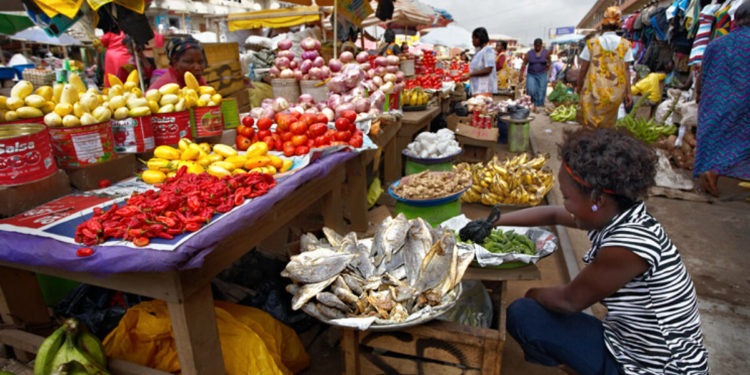Ghana’s producer inflation quickened to a near-eight-year high to 38% in June, from 33.3% the previous month. This is the highest rate of change since March.
According to data from the Ghana Statistical Services, that’s the highest level since October 2014 and was stoked by rising fuel, food and beverage prices, and a weakening currency.
The cedi has declined 26% against the dollar this year, making it the second-worst performing currency in the world (of those tracked by Bloomberg), after the Sri Lankan rupee.
Meanwhile, Ghana lawmakers have approved a plan by the government to borrow up to $750 million from the African Export-Import Bank for the 2022 budget.
See Also:




